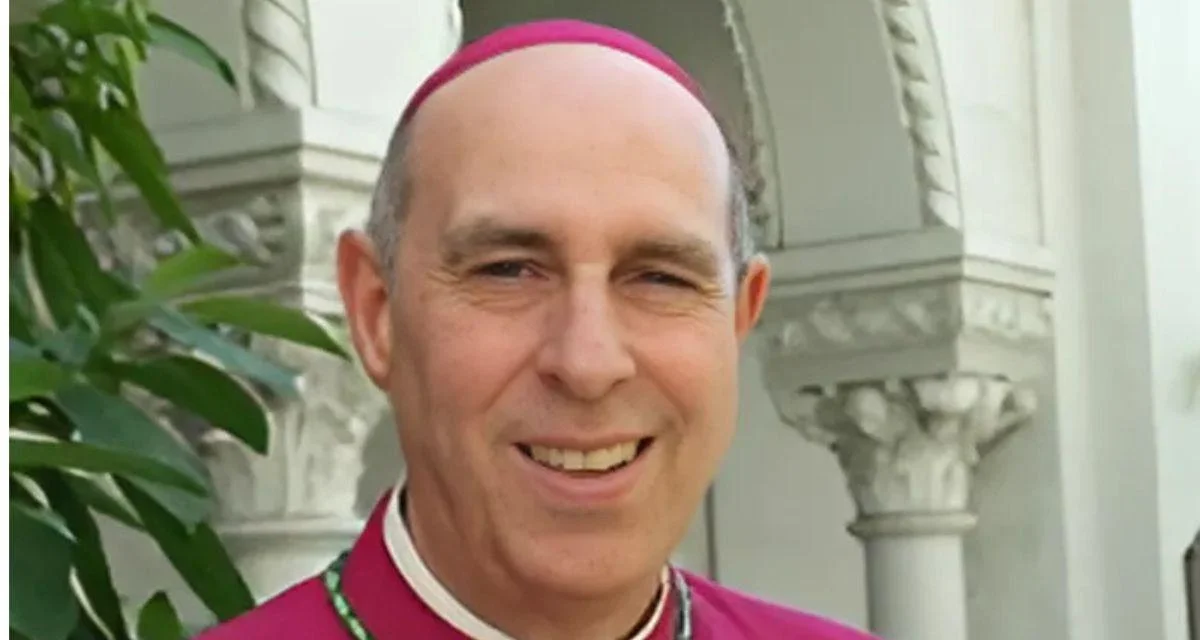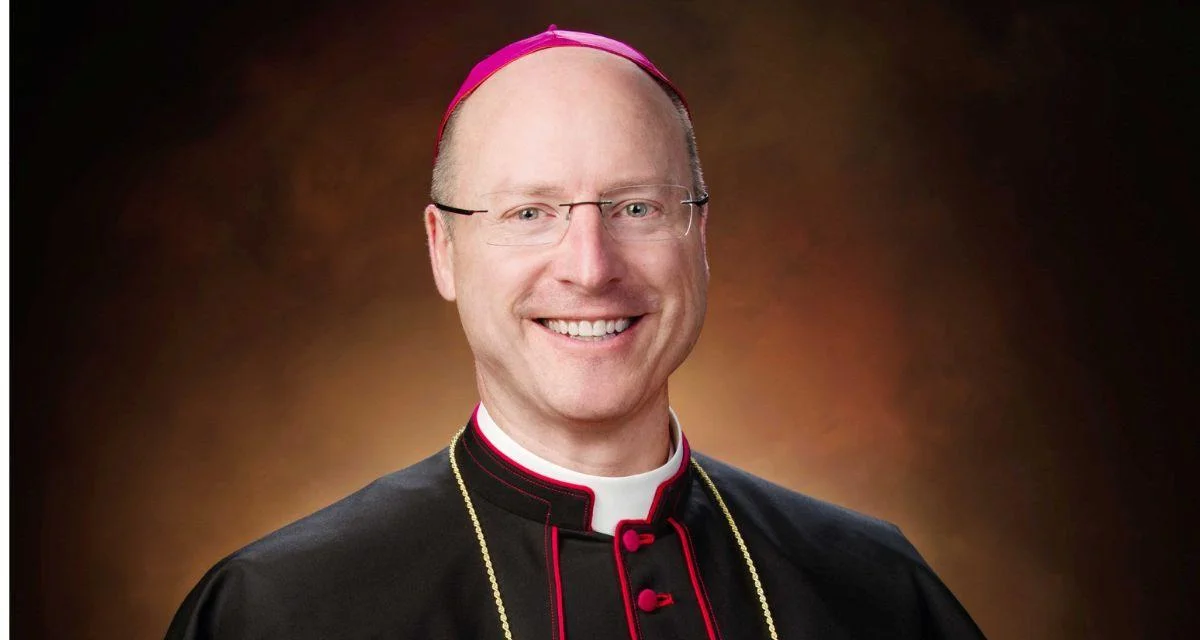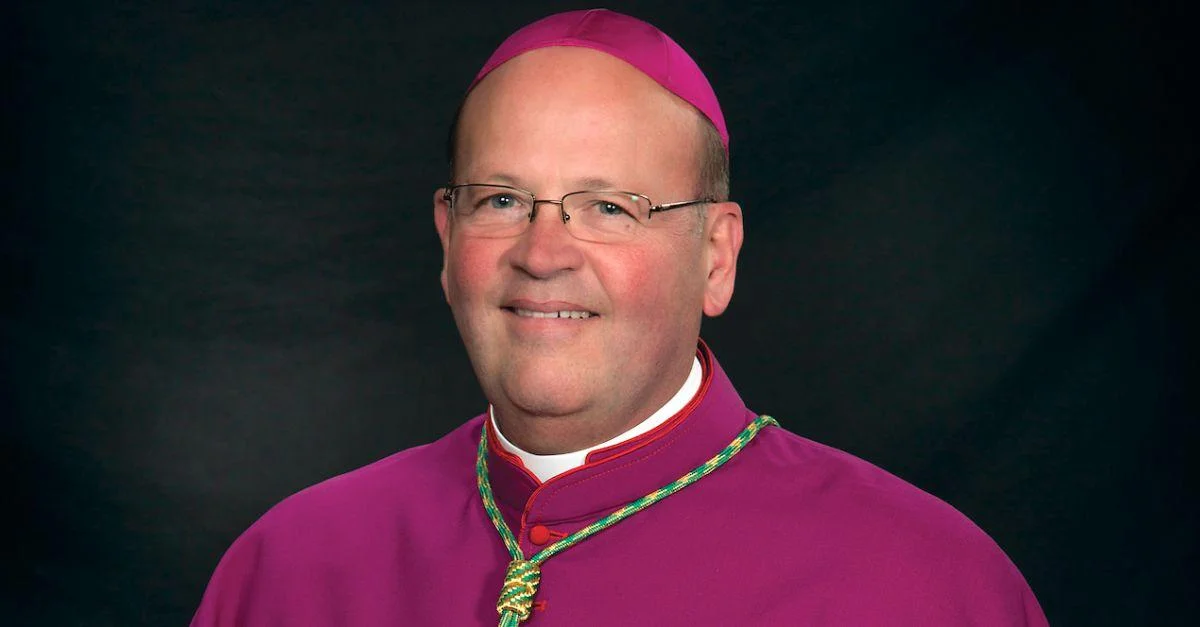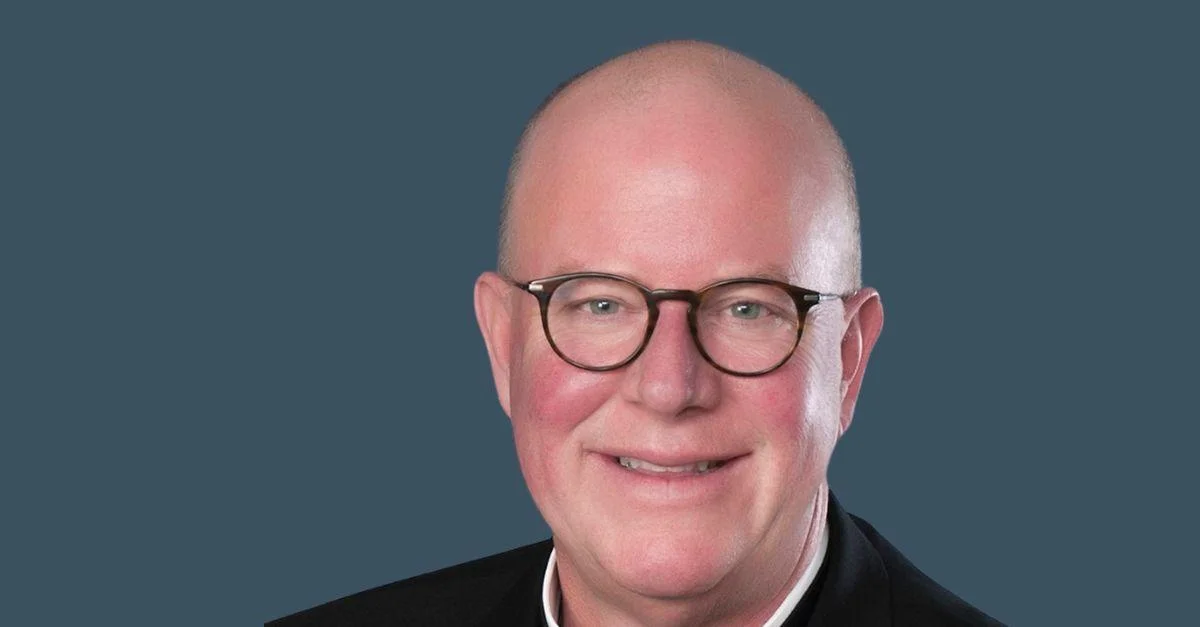
Bishop Thomas John Paprocki | Diocese of Springfield
In a recent inquiry, Richard from Arcola posed a question about the varying approaches Jesus took regarding the publicity of his miracles as described in the Gospels. Father Jayke White, parochial vicar at St. Anthony of Padua Parish in Effingham, provided insights into this theological query.
Father White pointed to the Gospel of John to illustrate instances where Jesus preferred discretion. For example, after performing the miracle of multiplying loaves and fishes (John 6:1-14), Jesus withdrew when he realized people intended to make him king by force (John 6:15). This withdrawal was due to his awareness that such recognition could lead prematurely to arrest and crucifixion.
Father White explained that timing was crucial for Jesus' mission. The Gospel frequently mentions variations of "My hour has not yet come" (John 2:4, 7:30, 8:20), emphasizing the importance of events unfolding at the right moment.
He further elaborated using examples from Matthew's Gospel. Some miracles were performed quietly, like healing Peter’s mother-in-law (Matthew 8:14-17), while others gained widespread attention (Matthew Chapter 9). To manage his growing popularity and avoid early confrontation with Roman authorities, Jesus sometimes instructed people not to share news of his deeds.
Finally, Father White referred to Luke's Gospel for context on how Jesus managed his ministry's visibility. After his resurrection, two disciples on the road to Emmaus expressed surprise at encountering someone unaware of recent events in Jerusalem (Luke 24:13-35). By then, Jesus had ensured that knowledge of his ministry and crucifixion was widespread.
Father White concluded that through careful management of information about himself during his ministry, Jesus prepared for a time when it would be most appropriate for everyone to know about him.





 Alerts Sign-up
Alerts Sign-up